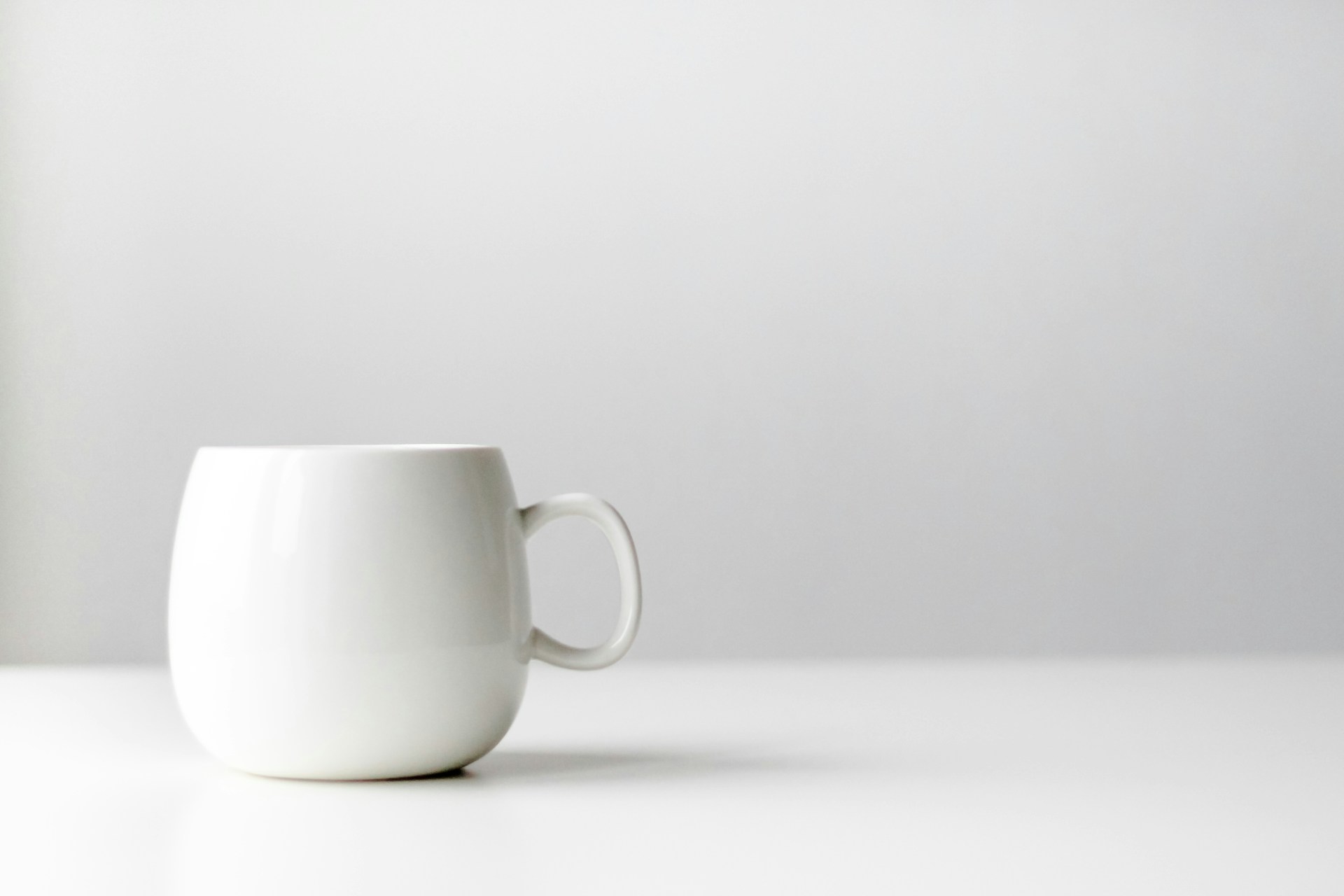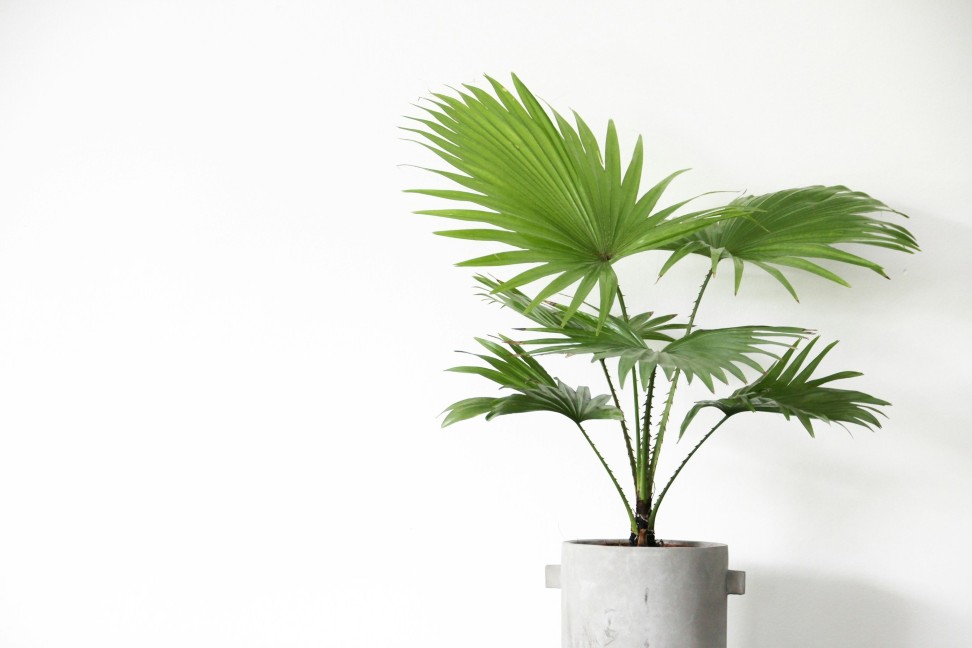In recent years, there has been a significant rise in the popularity of mindfulness and self-care practices. More and more people are turning to these techniques as a way to manage stress, improve their mental well-being, and enhance their overall quality of life. But what exactly is mindfulness, and why is it becoming such a prominent trend in today’s society?
Mindfulness is a practice that involves paying attention to the present moment without judgment. It is about being fully aware of your thoughts, feelings, and bodily sensations without getting caught up in them. By practicing mindfulness, individuals can develop a greater sense of self-awareness, cultivate a deeper connection to themselves and others, and learn how to respond to situations in a more thoughtful and intentional manner.
One of the reasons why mindfulness has become so popular is its effectiveness in reducing stress and anxiety. In today’s fast-paced world, many people are constantly juggling multiple responsibilities and struggling to keep up with the demands of everyday life. This can take a toll on one’s mental and emotional well-being, leading to feelings of overwhelm, burnout, and exhaustion. Mindfulness offers a way to slow down, tune into the present moment, and cultivate a sense of calm and relaxation.
Research has shown that mindfulness can have a number of positive effects on both the brain and the body. For example, studies have found that practicing mindfulness can reduce levels of the stress hormone cortisol, improve immune function, and enhance brain function. It has also been shown to be effective in treating a variety of mental health conditions, such as anxiety, depression, and PTSD.
In addition to mindfulness, self-care practices have also been gaining momentum in recent years. Self-care is about taking intentional actions to prioritize your physical, emotional, and mental well-being. This can include activities such as exercise, meditation, journaling, spending time in nature, or engaging in hobbies that bring you joy and fulfillment.
Self-care practices are essential for maintaining a healthy work-life balance, preventing burnout, and nurturing a positive relationship with oneself. In today’s hyper-connected world, it can be easy to neglect our own needs and prioritize the needs of others or our professional obligations. However, neglecting self-care can lead to a host of negative consequences, including increased stress, decreased productivity, and diminished well-being.
By incorporating mindfulness and self-care practices into your daily routine, you can cultivate a greater sense of balance, resilience, and inner peace. These practices can help you become more attuned to your needs and desires, develop a deeper sense of self-compassion, and learn how to set healthy boundaries in your personal and professional life.
There are many different ways to incorporate mindfulness and self-care into your daily routine. For example, you may choose to start your day with a few minutes of meditation or deep breathing exercises. Throughout the day, you can practice mindfulness by taking breaks to check in with yourself, notice your thoughts and emotions, and practice self-compassion.
In the evening, you may engage in self-care practices such as taking a warm bath, reading a book, or engaging in a creative hobby. It’s important to find activities that nourish your mind, body, and soul and bring you a sense of joy and fulfillment.
Overall, the rise of mindfulness and self-care practices reflects a growing awareness of the importance of prioritizing our mental and emotional well-being in today’s fast-paced world. By integrating these practices into our daily lives, we can cultivate a greater sense of balance, resilience, and inner peace. So why not start today and begin your journey towards a more mindful and self-caring life?









